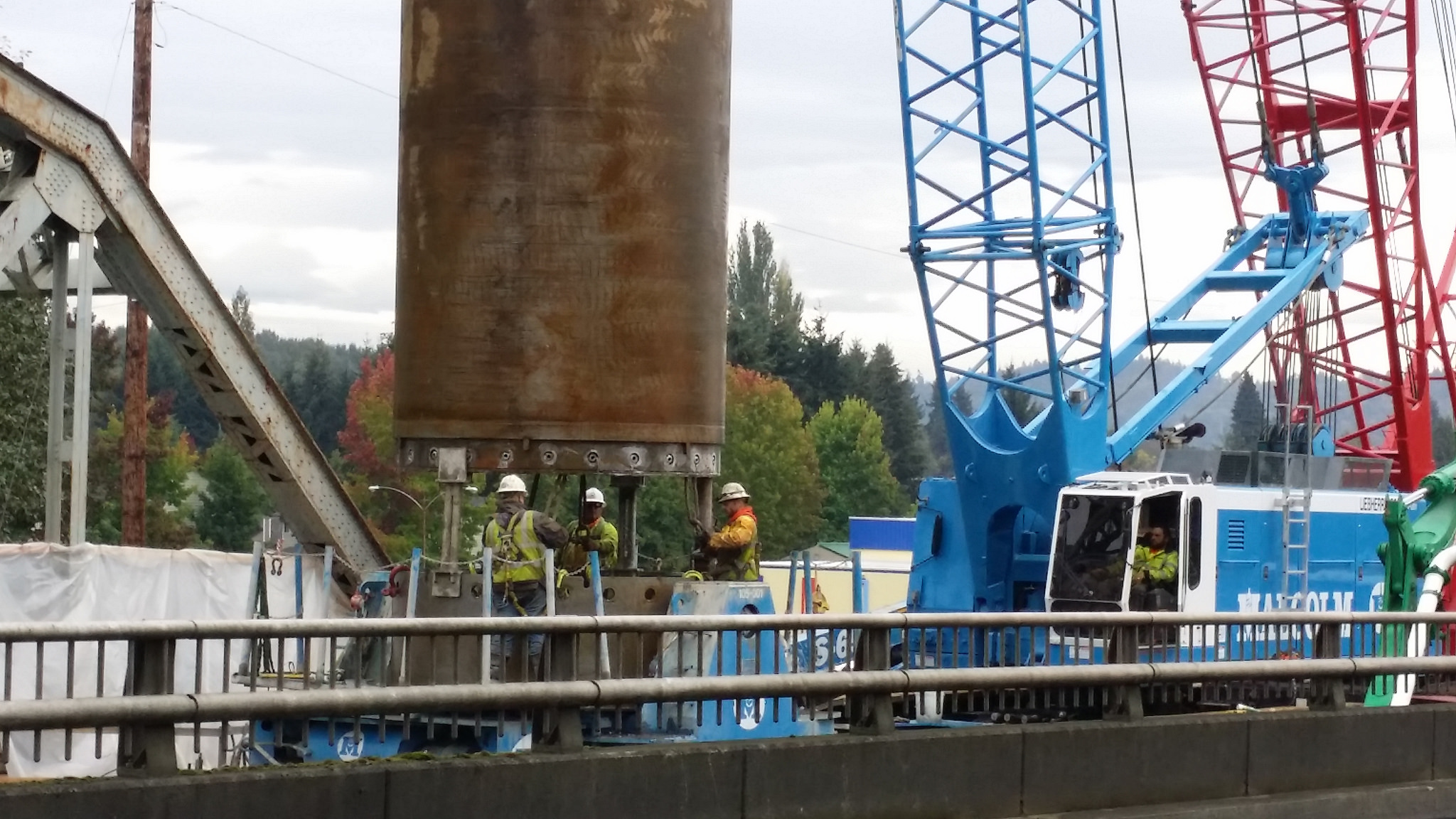After three years of gridlock on transportation, Senate transportation leaders announced the proposal of a $15 billion transportation package along with an incremental 11.7 cent gas tax increase over three years.
The package include six megaprojects in different areas of the state, including the North Spokane Corridor (known locally as the north-south freeway) and the Seattle end of the State Route 520 Bridge.
The package includes 58 regional projects, and some of the reforms that Republican Senate leaders had called for, said Senate Transportation Committee Chairman Curtis King, R-Yakima.
King made the announcement on Thursday, along with fellow Republican Sen. Joe Fain of Auburn and Democrats Sen. Marko Liias of Lynnwood and Steve Hobbs of Lake Stevens.

The lawmakers described the package as a compromise, which is ready for public discussion and dissection.
“There are many elements of it that continue to cause me heartburn and continue to cause heartburn on both sides of aisle, but I know that we’re going to work diligently together,” Liias said.
“To sit back and have conversations that don’t involve the public at this point wouldn’t be appropriate,” Fain said.
The package includes 11 bills total, including eight reform bills, a bond bill, a revenue bill and a spending bill. There would be gas rate hikes over the three years totaling 11.7 cents a gallon: 5 cents, 4.2 cents and 2.5 cents a gallon. The increases would start this summer, under the current proposal.
Among the expenditures are:
- $1.4 billion in preservation, maintenance and facilities
- $8.1 billion in improvements
- $375 million to cities and counties
- $578 million for ferries
- $486 million for transit grants
- $240 million for the Washington State Patrol
The budget and revenue proposals are available on the state’s LEAP website.
- Changes to environmental permitting
- Decreasing requirements on apprenticeship
- Requiring the sales taxes on transportation construction be transferred to road projects, starting in 2019
The package includes a contingency that calls for directing revenue not tied to bonds to the Motor Vehicle Fund if the legislature and Gov. Jay Inslee adopt a low-carbon fuel standard.
Hobbs and Liias said that the Democratic caucus disagrees with that contingency, but will continue to negotiate.
“That’s one little issue we’ll have to work out,” Hobbs said.
Inslee called the package “a good start,” in a prepared statement.
“I do have some questions, particularly about some of the conditions attached to the bill. We need to look carefully at the total amount of sales tax proposed to be moved from the operating budget, changes to worker wages, and the connection to a clean fuel standard,” he said in the statement.
“Under the Senate plan, if Washington adopts a low carbon fuel standard to reduce emissions, we lose transit funding,” he said.
Several Democrats issued statements against the proposal in a press release, citing environmental concerns.
“This package includes a provision that would take us backward as a state in addressing climate change, and gets all the funding from gas and sales taxes that fall on working Washington families,” said Sen. Pramila Jayapal, D-Seattle, in the press release.
Rep. Judy Clibborn, D-Mercer Island, who is the House Transportation chairwoman, praised the progress the Senate has made on transportation.
“It is only one step however – the legislation must still pass the Senate before bicameral negotiations can resume in earnest. I look forward to a robust discussion between our two chambers once that occurs.”
You can watch the press conference in the TVW archives: